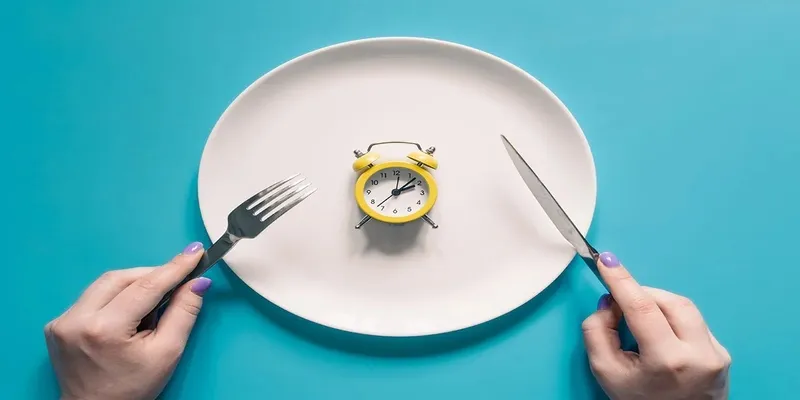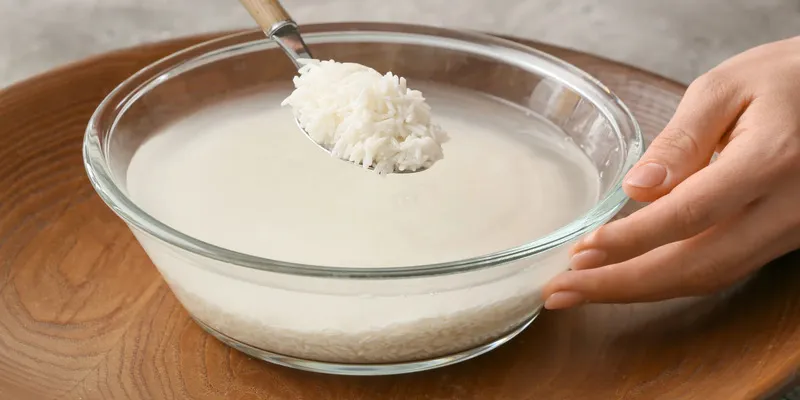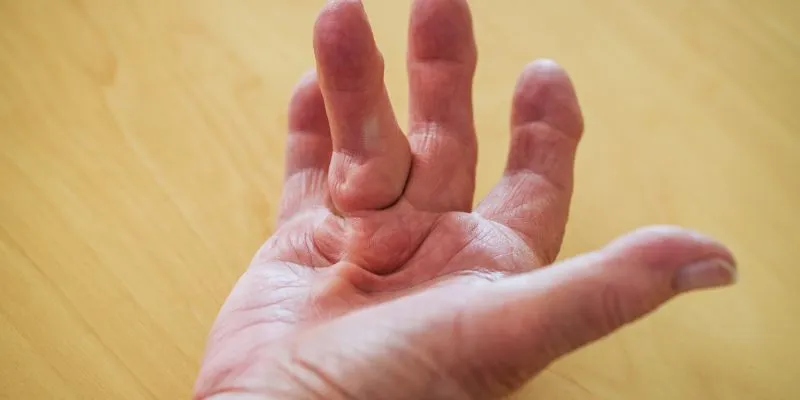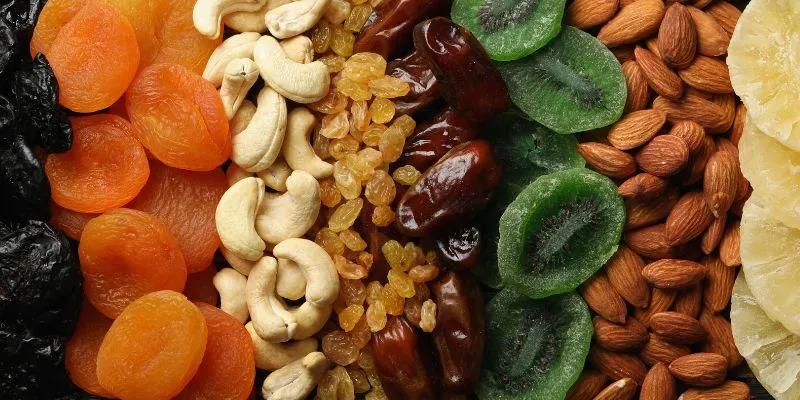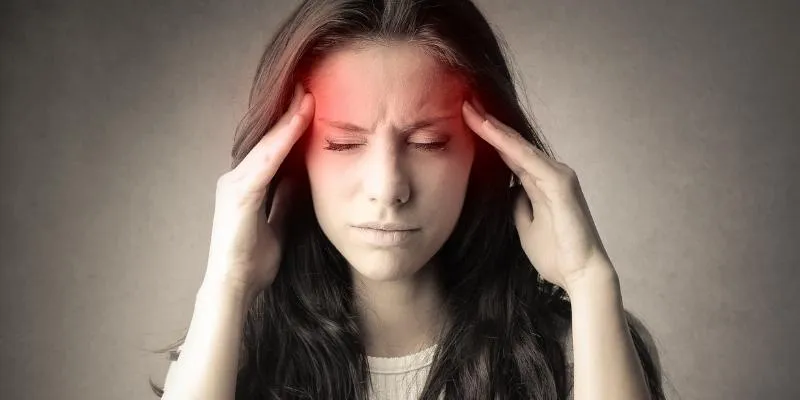What Are The Health Benefits Of Electrolytes And Electrolyte Water?
Electrolytes are minerals that carry a positive or negative electrical charge when dissolved in water. They circulate through your body’s fluids, using their electric power to support essential bodily functions, such as breathing, walking, and thinking. Common electrolytes include sodium, potassium, magnesium, phosphorus, and calcium.
Your body obtains electrolytes from your diet and beverages. While typical bottled water contains a small amount of electrolytes, they are also present in many foods for flavor. Everyone needs electrolyte water, as insufficient levels can impair nerve cell transmission in the brain. If you’re interested in learning how electrolytes and electrolyte water benefit your body, keep reading!

Health Benefits of Electrolytes and Electrolyte Water
Discover the health benefits of electrolytes and electrolyte water below:
Promote Hydration
During exercise, your body loses water through sweat, making it crucial to replenish lost fluids. Electrolytes help prevent dehydration and water loss by maintaining fluid balance, their primary function. Although closely related, hydration and normal electrolyte levels differ. Dehydration indicates a lack of bodily fluids, while an electrolyte deficit means abnormal levels of these vital elements. To prevent dehydration, ensure you drink enough water.
Support Nervous System
Staying hydrated is vital for protecting your body. Mild dehydration can lead to decreased cognitive function, poor attention span, and slowed response times. The nervous system, a complex network of nerves and cells, sends messages from the brain to the body, relying on electrolytes for communication. Sodium triggers the electrical signals needed for nerve cell communication, while potassium and magnesium facilitate the efficient transfer of electrical impulses. Ensure your diet includes enough minerals, and consider consuming electrolyte-enriched water to meet daily requirements.
Assist With Muscle Functioning
Electrolytes are essential for healthy muscle contraction and relaxation, especially during exercise. Long-term exposure to extreme temperatures can deplete electrolytes through sweat, making replenishment crucial to avoid dehydration. Electrolyte replenishment is also vital in high-altitude environments, where elevated respiratory rates may lead to fluid and electrolyte loss. Increasing electrolytes can help sustain hydration, support internal processes, extend endurance during exercise, and prevent muscle cramps.

Rehydrate During Illness
While diarrhea and vomiting are often not life-threatening, severe or persistent cases can cause rapid dehydration. Physicians recommend drinking water supplemented with electrolytes at the onset of symptoms to prevent dehydration. Although sports drinks may seem similar, their high sugar content can worsen illness. If necessary, dilute a sports drink with an equal amount of water for easier digestion. However, electrolyte drinks may not adequately treat chronic dehydration, so seek medical attention if illness persists for more than 24 hours.
Prevent Heat Stroke
In hot conditions, the risk of heat-related ailments increases, from mild heat stroke to potentially fatal heatstroke. Your body typically regulates heat through sweating, but in hot weather, this mechanism can fail, raising body temperature to dangerous levels. Reducing time spent in the heat and consuming plenty of drinks and electrolytes are crucial for staying cool. Sports drinks and water are excellent options for hydration in hot conditions.
Support Healthy Blood Pressure Levels
Sodium and potassium help regulate blood pressure by maintaining fluid balance. Higher sodium intake can enhance potassium’s effectiveness in lowering blood pressure. Potassium supplements have been linked to blood pressure reduction in individuals not taking antihypertensive medications, with more significant effects in those with hypertension. High sodium consumption affects some people’s blood pressure, especially when combined with inadequate potassium intake. Prolonged insufficient sodium and potassium intake, improper ratios, or significant electrolyte losses due to excessive sweating can also impact hydration levels.
Best Sources of Electrolytes
Where can you find electrolytes for proper hydration? Below are some common sources of electrolytes in drinks:
- Sports Beverages: These drinks are designed to restore electrolytes lost after vigorous exercise, containing potassium, sodium, and other minerals. They also have added sugar.
- Milk: Milk naturally contains a balanced ratio of proteins, carbohydrates, and electrolytes, making it a suitable option for post-exercise hydration and recovery.
- Coconut Water: This natural beverage is packed with electrolytes and is a great way to stay hydrated.
- Electrolyte-Enhanced Water: Drinking water supplemented with electrolytes hydrates more effectively than regular water.
How to Make Electrolyte Water
You can easily make electrolyte water at home, offering an affordable and healthful solution to meet your body’s electrolyte needs. Here’s what you’ll need:
- One-fourth teaspoon of salt
- 60 milliliters (1/4 cup) of lemon juice
- 60 milliliters (1/4 cup) of lime juice
- 360 milliliters (1 1/2 cups) of unsweetened coconut water
- 480 milliliters (two cups) of cold water
Mix all the ingredients to create your homemade electrolyte water , giving your body an electrolyte boost without the added sugar, artificial colors, or flavors found in store-bought versions.
Conclusion
Electrolyte water contains essential minerals like sodium, potassium, magnesium, and chloride, helping your body function optimally. While not always necessary, electrolyte-enhanced beverages can be beneficial during prolonged exercise, hot conditions, or instances of diarrhea or vomiting. Instead of purchasing expensive sports drinks or other electrolyte fluids, consider making your own. Homemade electrolyte water is cost-effective and free of artificial flavors and colors.


